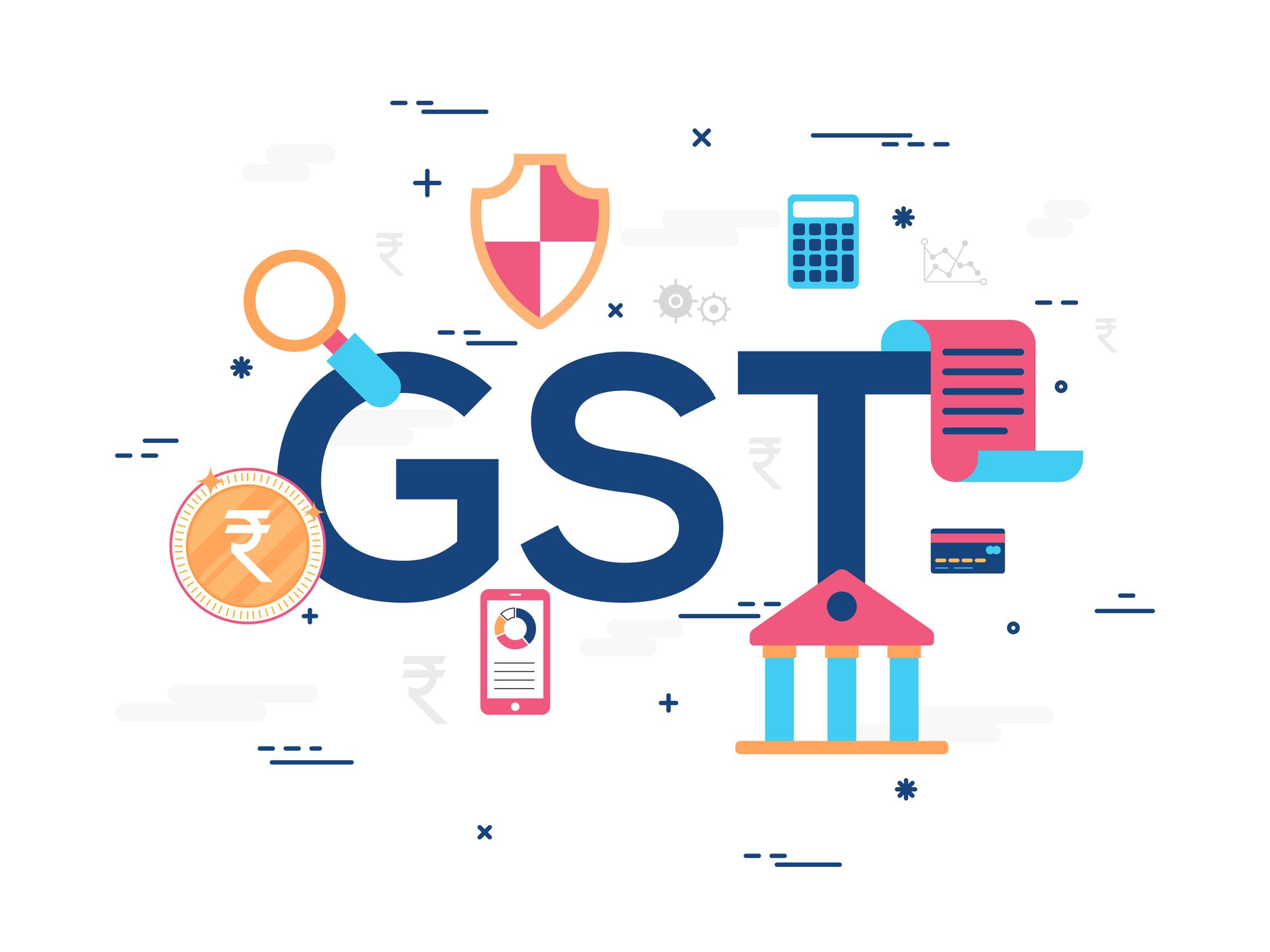The Ultimate Guide to Streamlining the GST Enrollment Process and Demands for Small Organization Owners

Recognizing GST Fundamentals
To realize the principles of the Goods and Solutions Tax (GST) system, little organization owners need to initially recognize its underlying principles and implications. Under the GST program, businesses are called for to sign up and accumulate tax on part of the federal government, guaranteeing transparency and compliance.
Among the crucial concepts of GST is input tax obligation credit, which enables services to assert credit score for taxes paid on their purchases. This device avoids the cascading result of taxes and advertises effectiveness in the tax obligation system. In addition, GST is a destination-based tax, indicating that the tax is imposed at the factor of usage rather than the factor of beginning. This makes sure reasonable circulation of tax profits among states based upon where the products or solutions are taken in. Comprehending these fundamental concepts is vital for local business owners to navigate the complexities of the GST system and ensure conformity with the law.
Eligibility Criteria for Enrollment
Having actually established a fundamental understanding of GST principles, tiny company proprietors must now meet specific qualification standards to wage the registration process. In India, entities participated in the supply of items or services with an annual aggregate turn over going beyond Rs. 40 lakhs (Rs. 10 lakhs for unique group states) are called for to register for GST. Furthermore, specific services such as those included in inter-state supply of goods, casual taxed individuals, and those called for to pay tax obligation under the reverse cost mechanism should sign up for GST regardless of their turnover. Organizations that were signed up under the previous tax obligation routine (BARREL, service tax, and so on) are likewise mandated to sign up under GST. However, agricultural businesses that just supply produce out of primary manufacturing are excluded from GST enrollment. It is crucial for company proprietors to carefully evaluate their qualification based upon these criteria to ensure compliance with the regulation and stay clear of any type of charges for non-compliance.
Records Required for GST Enrollment

Simplified Enrollment Process Actions
Adhering to the collection and confirmation of the requisite papers, the registration procedure for GST can be browsed through a collection of simplified steps designed to promote effective conformity for small company proprietors. The initial action entails checking out the GST portal and selecting the 'New Registration' option. Ultimately, the candidate has to fill out Part A of the GST REG-01 form discover here with details such as frying pan, mobile number, and e-mail address to get an OTP for confirmation. When the OTP is obtained and gone into, a Momentary Reference Number (TRN) is produced for more process. The following step calls for filling up out Part B of the form with required organization details, publishing sustaining files, and finishing the confirmation procedure making use of DSC or EVC. Finally, upon successful confirmation, an Application Recommendation Number (ARN) is released, suggesting the completion of the GST registration process. By adhering to these streamlined steps, little organization proprietors can effectively register for GST and guarantee conformity with tax obligation guidelines.
Tips for Ensuring Compliance
To maintain governing adherence and functional honesty, diligent oversight and positive steps are essential in making sure conformity with GST requirements for local business proprietors. Tiny organization proprietors need to stay upgraded with GST regulations, submitting due dates, and any kind of changes in tax prices to avoid fines and keep a good standing with tax authorities. One crucial idea for compliance is to keep accurate and comprehensive records of all purchases, including expenditures, invoices, and invoices connected to GST. Consistently resolving financial documents with GST returns can help in identifying and rectifying any Read More Here type of discrepancies without delay. Furthermore, conducting routine inner audits or looking for professional help can make certain that business is complying with all GST guidelines correctly. It is also critical for small company owners to buy GST-compliant audit software program that can streamline the tax obligation filing process and minimize errors. Attending GST understanding workshops or training programs can enhance understanding and conformity with GST regulations, eventually profiting the organization in the lengthy run.
Conclusion
To conclude, small company owners have to comprehend the essentials of GST, meet the eligibility standards, gather needed records, and adhere to the simplified enrollment procedure actions to make certain compliance. By simplifying the GST enrollment process and needs, small company proprietors can stay clear of penalties and run their businesses efficiently within the lawful framework - Singapore GST Registration. It is vital for tiny business proprietors to remain certified and educated with GST guidelines to maintain an effective organization procedure
Tiny business proprietors looking for GST enrollment need to guarantee they collect and submit the required records to finish the registration procedure efficiently. The files needed for GST enrollment normally include proof of organization registration or incorporation, FRYING PAN (Permanent Account Number) card of the service identity, address and entity evidence of see this site the promoters/partners/directors, photos, address evidence of the location of company, financial institution account declarations or canceled cheques, and authorization types. Participating in GST understanding workshops or training programs can improve understanding and compliance with GST laws, ultimately profiting the company in the lengthy run.
By streamlining the GST registration process and demands, little business proprietors can prevent fines and operate their companies smoothly within the lawful framework. It is crucial for little service owners to remain educated and certified with GST laws to preserve a successful organization operation.